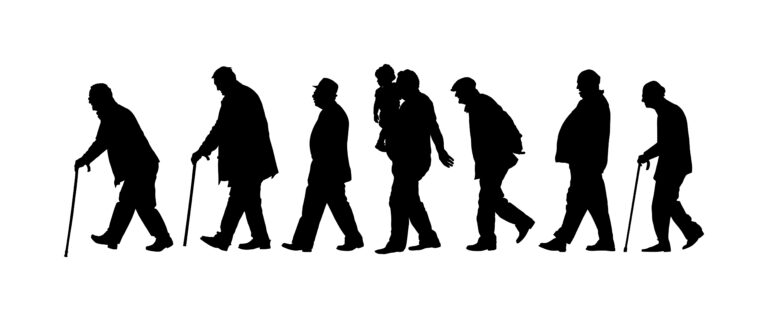Recognizing and Preventing Elder Abuse in Dementia Care
Elder abuse is a serious issue that affects many older adults, particularly those living with dementia. Dementia is a condition that affects memory, thinking, and behavior, making individuals more vulnerable to abuse. It is crucial for caregivers, healthcare providers, and the community to understand the importance of recognizing and preventing elder abuse in dementia care.
### Types of Abuse
Abuse can take many forms, including:
– **Physical Abuse**: This involves physical harm such as hitting, pushing, or restraining the person.
– **Emotional Abuse**: This includes verbal aggression, threats, intimidation, or isolating the person from others.
– **Neglect and Self-Neglect**: Failing to provide basic needs like food, clothing, or medical care.
– **Financial Abuse**: Stealing money or assets, or coercing the person to sign over their assets.
– **Sexual Abuse**: Unwanted touching or sexual acts.
### Why Recognizing Abuse is Crucial
People with dementia often cannot report abuse themselves due to cognitive decline and communication difficulties. It is essential for others to recognize the signs of abuse, which may include unexplained injuries, broken bones, or changes in behavior.
### Signs and Symptoms of Abuse
Common signs of abuse include:
– Unexplained injuries like bruises or scars.
– Broken bones or dislocations.
– Inconsistent medication usage.
– Marks from restraints.
– The caregiver preventing private visits.
### Risk Factors for Abuse
Certain factors increase the risk of abuse:
– High caregiving demands can lead to caregiver stress and frustration.
– Isolation of caregivers and their loved ones.
– Pre-existing mental health conditions in caregivers.
– Changes in behavior as dementia progresses.
### Responding to Suspected Abuse
If you suspect abuse, take immediate action to ensure the person’s safety. This may involve removing them from the situation, documenting signs of abuse, and reporting it to authorities. In many places, there are helplines and support services available to help.
### Preventing Abuse
Prevention involves supporting caregivers, providing them with resources to manage stress, and ensuring they have access to professional help when needed. Regular check-ins with healthcare providers can also help identify potential abuse early.
In conclusion, recognizing and preventing elder abuse in dementia care is vital to protect vulnerable individuals. By understanding the signs of abuse and taking proactive steps, we can ensure that those living with dementia receive the respect and care they deserve.





